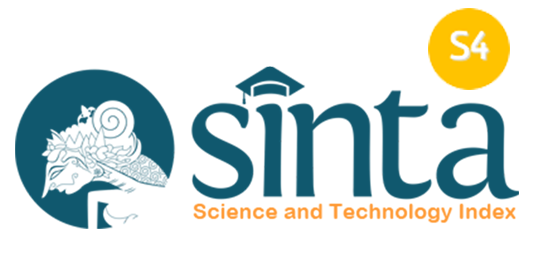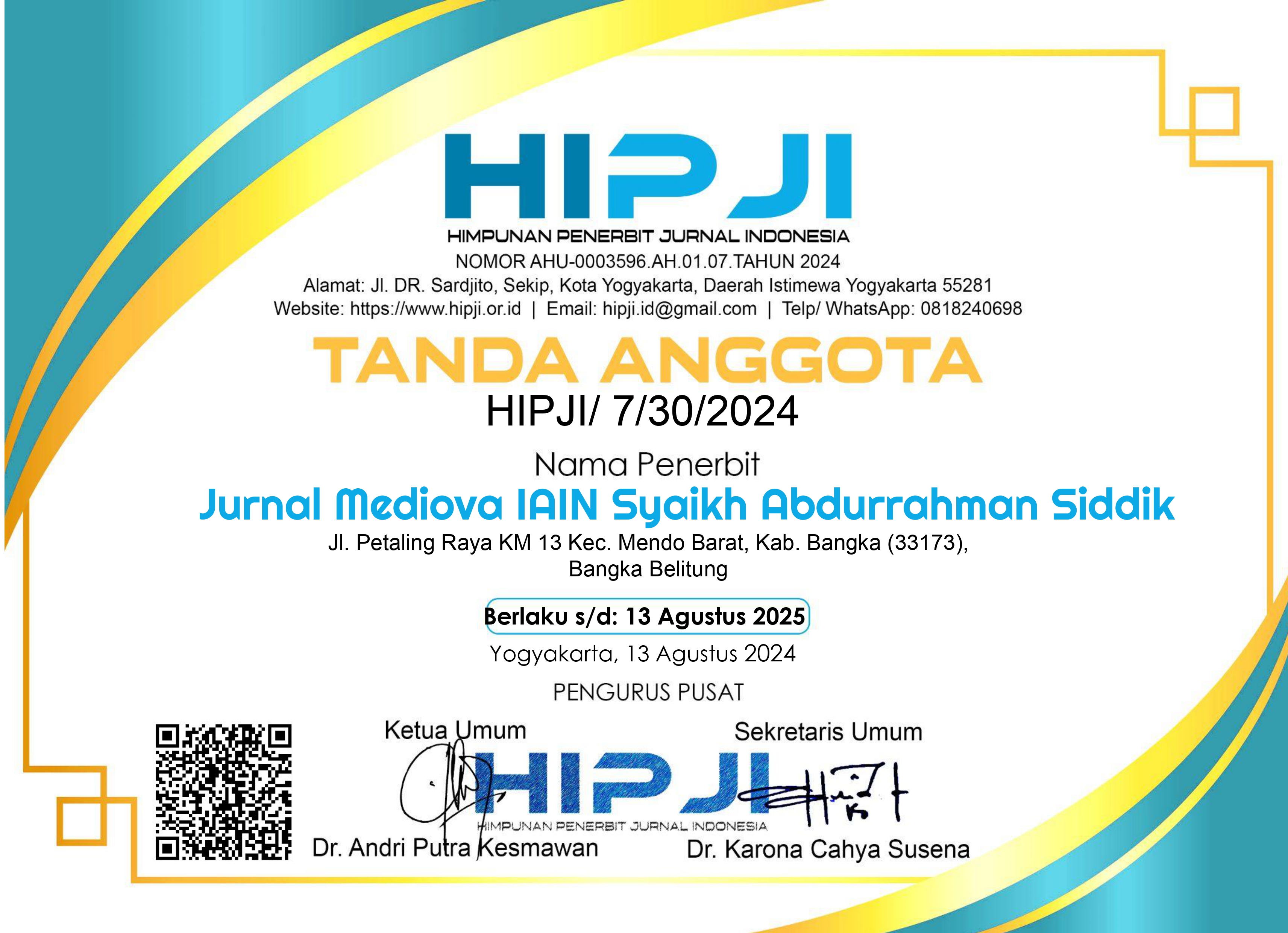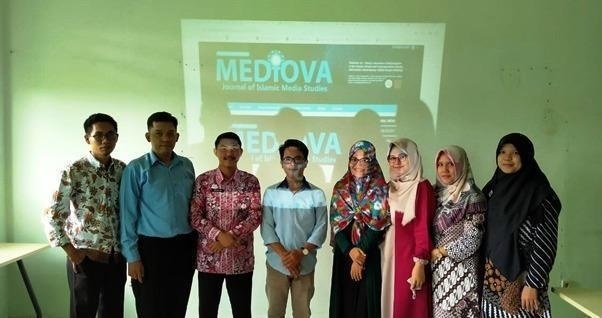PERSUASIVE COMMUNICATION AS AN EFFORT TO STRENGTHEN MULTICULTURAL EDUCATION
Abstract
Education in the current era of globalization faces the challenge of technological disruption, necessitating serious efforts to filter communication bias, especially in the field of education. Another challenge is the abundance of negative content on social media, which poses a challenge for multicultural education among students. The low level of literacy and psychomotor competence, particularly among educators, is a hindrance to integrating multicultural education values. Additionally, the limited number of religious education teachers in schools further exacerbates this challenge, making the inculcation of multicultural education a serious issue. The technical ability of teachers, especially those who struggle to operate technology, is a practical problem that needs immediate resolution. The methodology used in this article is qualitative descriptive, drawing from various literature sources to support the study. Based on the discussion, it is concluded that persuasive communication in multicultural education can change the attitudes, behaviors, and beliefs of individuals or groups regarding certain issues, particularly in multicultural education. Persuasive communication in multicultural education has unique characteristics and provides positive effects on the audience because it has the ability to change their attitudes, opinions, and behaviors without coercion, allowing them to subconsciously follow the communicator's intentions. This communication technique, therefore, plays an essential role in multicultural education.
Downloads
Copyright (c) 2024 Pani Azpa, Gustin, Uswatun Hasanah, Musa Musa

This work is licensed under a Creative Commons Attribution 4.0 International License.
Copyright Assignment
As an author of Journal Mediova of the Islamic Journalism study program of the Islamic Da'wah and Communication Faculty, IAIN Syaikh Abdurrahman Siddik Bangka Belitung, I, who sign below:
Declare:
- My paper is authentic; my own writing and it has not been published/proposed on any other journals and publication.
- My paper is not plagiarism but my original idea/research.
- My paper is not written by other help, except with Board of Editors and Reviewers recommendation who have been chosen by this journal.
- In my paper, there are no other writings or opinions except referred in bibliography and relevant with the rule of writing in this journal.
- I will do this assignment for sure. If there are irregularities and untruths in this assignment, I will be responsible later according to the applicable law.
- Authors retain copyright and grant the journal right of first publication with the work simultaneously licensed under a Creative Commons Attribution 4.0 International License that allows others to share the work with an acknowledgment of the work's authorship and initial publication in this journal.
- Authors are able to enter into separate, additional contractual arrangements for the non-exclusive distribution of the journal's published version of the work (e.g., post it to an institutional repository or publish it in a book), with an acknowledgment of its initial publication in this journal.
- Authors are permitted and encouraged to post their work online (e.g., in institutional repositories or on their website) prior to and during the submission process, as it can lead to productive exchanges, as well as earlier and greater citation of published work (See The Effect of Open Access).









.png)









